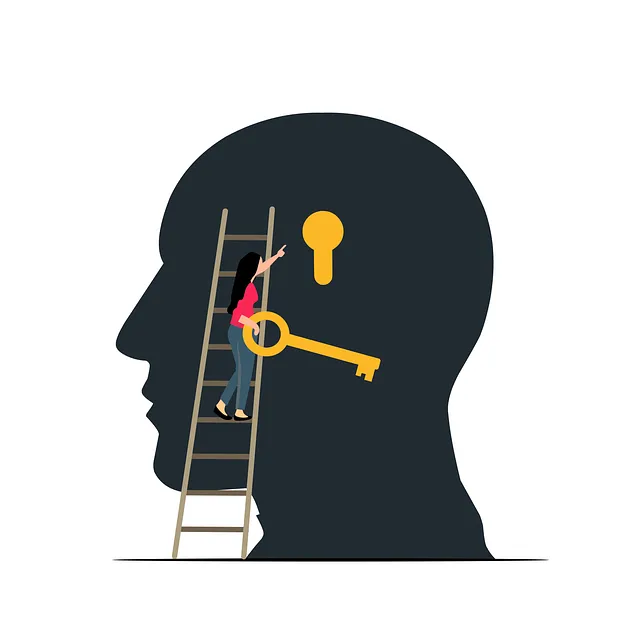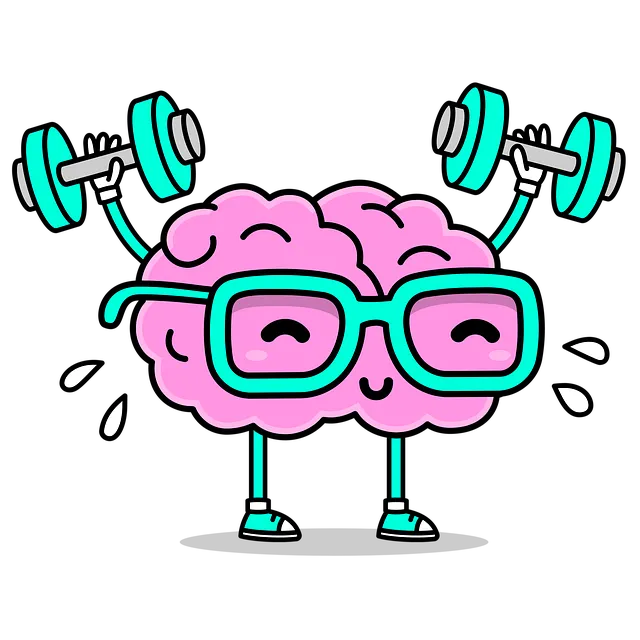Emotional intelligence (EI) is crucial for effective communication and patient care, as demonstrated by Kaiser Permanente Denver's mental health department. They prioritize EI through tools like emotional wellness journaling, mindfulness practices, and active listening, fostering self-awareness, empathy, and stress reduction. Their dedicated resources and phone number support individuals in developing EI, strengthening relationships, predicting and addressing mental health issues promptly, and enhancing community well-being through non-judgmental sharing of thoughts and experiences.
Emotional intelligence (EI) is a powerful tool for personal growth and effective communication. At the heart of successful relationships, both personal and professional, lies EI. This article explores strategies to build emotional intelligence, focusing on self-awareness and empathy. We’ll delve into active listening techniques, offering insights that can transform interactions. Discover how enhancing EI can positively impact your life—a key concept even the Kaiser Permanente mental health department in Denver promotes for holistic well-being.
- Understanding Emotional Intelligence: The Key to Effective Communication
- Strategies for Enhancing Self-Awareness and Empathy
- Practicing Active Listening: A Powerful Tool for Building Strong Relationships
Understanding Emotional Intelligence: The Key to Effective Communication

Emotional intelligence (EI) is a vital component in effective communication, as it allows individuals to understand and manage their own emotions, as well as those of others. This capability fosters deeper connections and strengthens relationships, whether personal or professional. For instance, mental health professionals at Kaiser Permanente Denver play a crucial role in fostering EI, using it to assess and address patients’ emotional needs accurately during risk assessments.
By integrating EI into practice, these professionals can enhance their ability to provide comprehensive care. Mental wellness journaling exercises, for example, can help both practitioners and clients track emotional trends, identify triggers, and develop coping strategies. Additionally, risk management planning becomes more effective when EI is prioritized, enabling professionals to predict and mitigate potential risks associated with mental health issues in a timely manner.
Strategies for Enhancing Self-Awareness and Empathy

Developing self-awareness is a cornerstone of emotional intelligence. Individuals can start by reflecting on their thoughts, emotions, and reactions to various situations. Keeping a journal or engaging in mindfulness practices like meditation can aid in recognizing patterns and triggers, allowing for better understanding of one’s inner world. This increased introspections fosters personal growth and enables individuals to make conscious decisions about their responses to external stimuli.
Empathy, another vital aspect, can be enhanced through active listening and cultural competency training. The Kaiser Permanente mental health department phone number in Denver offers valuable resources for those seeking support. Engaging in conversations with diverse groups and participating in mental wellness podcast series production can broaden perspectives and improve understanding of different experiences. Additionally, Stress Reduction Methods, such as deep breathing exercises or yoga, can help individuals become more attuned to the feelings of others, thereby cultivating deeper connections and fostering a more compassionate mindset.
Practicing Active Listening: A Powerful Tool for Building Strong Relationships

Active listening is a vital skill to master when aiming to build emotional intelligence and strengthen relationships, especially in personal and professional settings. This simple yet powerful tool involves fully concentrating on what someone is saying, understanding their message, and responding thoughtfully. It’s a technique that can transform interactions, fostering deeper connections and effective communication.
In the context of mental health support, organizations like Denver’s Kaiser Permanente mental health department play a crucial role in promoting well-being. Their phone services, designed to assist individuals with various concerns, emphasize the importance of active listening during counseling sessions. By encouraging clients to share their thoughts and feelings without judgment, these professionals help users build confidence and gain new perspectives, which can be instrumental in depression prevention. Community outreach programs implemented by such institutions often focus on teaching active listening as a means to enhance interpersonal relationships and overall well-being within the community.
Emotional intelligence (EI) is a vital skill in today’s interconnected world. By understanding and managing emotions, we can significantly improve our communication and relationships. The strategies outlined, focusing on self-awareness, empathy, and active listening, are powerful tools for personal growth and professional success. For those seeking to deepen their EI skills, the Kaiser Permanente mental health department in Denver offers valuable resources and support. Remember, enhancing your emotional intelligence is a journey; with practice, you can navigate relationships with greater ease and foster more meaningful connections.






